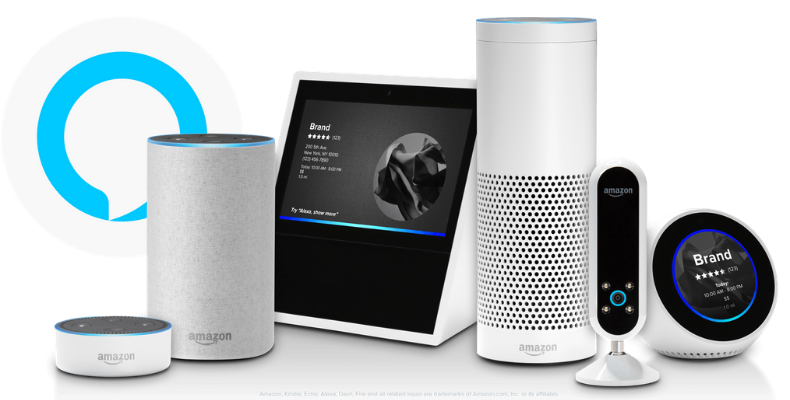Do you ever feel like Amazon’s Alexa or Google’s Assistant might be listening to you? With targeted advertising based on artificial intelligence, there are a number of reports from tech sites across the net that posit that home assistants are always listening – even if you’re not interacting with them. It may sound crazy, but Goa’s DGP Muktesh Chander seems to think so as well.
“Alexa, can you hear me?”
While addressing a cybersecurity seminar on Thursday, DGP Chander warned the gathering about the dangers of mobile apps – especially home assistants like Alexa and Google Assistant saying that they ‘act like spies, collecting private information’. Chander who has earlier served as the Centre Director for the cyber division of National Technical Research Centre asked, “What Alexa does? All the time it is listening. Everything. Every word you are saying, Alexa, is listening and passing it on to Google.” He later corrected himself and said Amazon, but went on to say, “What can be a bigger spy than this?”
Can I get an extension?
In addition to his concerns with digital assistants, he shared his apprehensions regarding websites that use the .pk extension, saying that they are Pakistani websites that are peddling questionable data. He said, “Sounds.pk… PK are Pakistani sites. Why are they giving sounds free of cost?” He went on to say that such sites are capable of acquiring user data through the installation of malicious software such as the very popular UC Browser. He stated, “Has anybody tried downloading this songs.pk? All of a sudden if you are trying on mobile, one thing is bound to come up – UC browser. Have you heard of that? Because UC browser is a Chinese browser. It is collecting all the information. So there is a hidden agenda,”
 Do UC what I see?
Do UC what I see?
UC Browser is indeed a web browser developed by the Chinese mobile Internet company UCWeb, which is in turn owned by the Alibaba Group. As of December 2018 it is the fourth most popular mobile browser in the world by market share, after Google Chrome, Safari, and Firefox. The browser has come under fire in the past for leaking user data, and companies such as Malwarebytes and Qualsys have pointed out the fact that installation files are often laden with trojans and other malware. Extensive tests have also been carried out by Citizen Lab which pointed out that UC Browser suffers from terribly low encryption, having been able to bypass security protocols on a number of occasions. The same data has been corroborated by former NSA contractor Edward Snowden.
So, if you’re using UC Browser on your smartphone, you may want to think twice. Share your views in the comments below.


